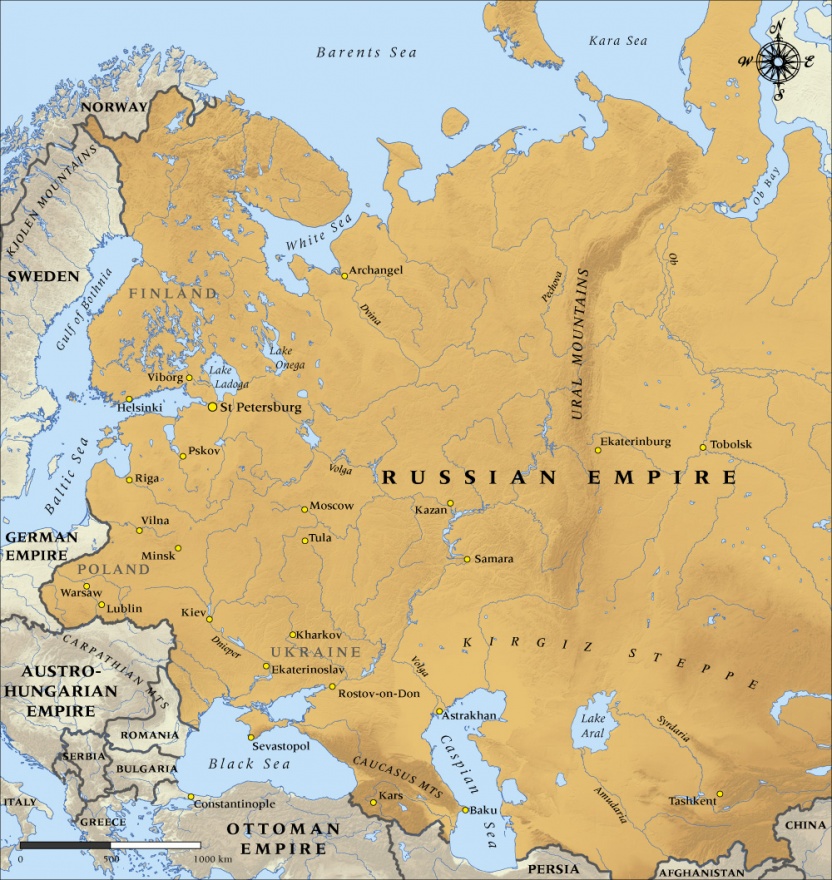Pokusavaju da odbrane grad,izmedjuostalog i da ne bi bili sakriveni dokazi o ruskim zlocinima nad civilnim stanovnistvom....
Analysis: The fall of Mariupol could conceal war crimes evidence from the world and give Russia's offensive a boost
After almost three months of intense bombardment, thousands of reported deaths and countless tales of horror and starvation, the battle for the city of Mariupol is nearing its conclusion.
Ukraine's military announced late Monday that its forces had completed their "combat mission" at the sprawling Azovstal steelworks plant, which was for weeks the last major holdout in a city otherwise occupied by Russian troops. Hundreds of Ukrainian soldiers were evacuated from the facility and efforts were underway to evacuate those still inside.
Mariupol, a port city on the Sea of Azov, has been the scene of some of the most intense fighting since Russia launched its invasion of Ukraine in late February. It was there that Russia carried out
deadly strikes on a maternity ward and the
bombing of a theater where hundreds of civilians had sought refuge from the violence.
Now there are fears that evidence of further atrocities may be lost forever.
Before the Kremlin took control of Mariupol, the city council accused Russian forces of trying to erase evidence, using mobile crematoria to dispose of bodies and identifying witnesses to any "atrocities" through
filtration camps. CNN could not verify that claim.
"Murderers are covering their tracks," the council alleged.
The Kremlin has denied many of these claims, including using filtration camps to cover up wrongdoing and targeting civilians in Mariupol.






